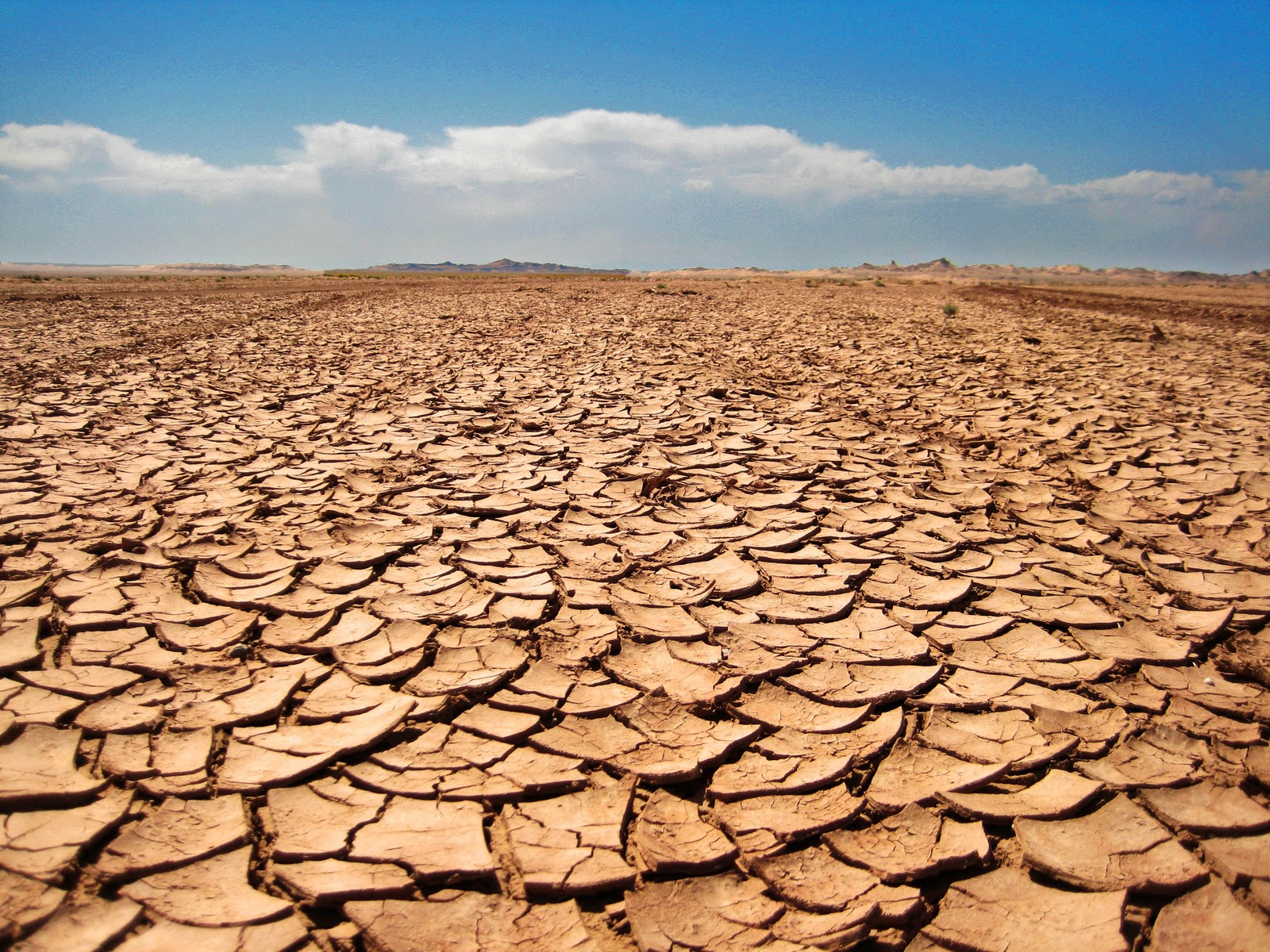Residents of Alebtong district who are caught in the holds of a prolonged drought are facing off against yet another enemy: thirst.
The most affected are extremely vulnerable individuals who have returned home following relative peace, and are now trying to rebuild homes and livelihoods after the two-decade insurgency.
These people are finding it hard to access clean and safe water for drinking and other domestic consumption.
Awei sub-county chief, Ms Jacqueline Amongi, said when people were displaced in camps during the Lord’s Resistance Army (LRA) war, the boreholes constructed by the government and donor agencies in the area were all destroyed, leaving people without any protected water sources.
Ms Rose Ekit, a resident of Awei village, said: “We don’t have access to any clean water source, we draw water from unprotected springs and swamps and our children are suffering a lot from diarrhea.”
Because of financial constraint, Alebtong cannot provide clean and safe water to all its thirsty residents, according to Ms Rose Ongom, the district secretary education and community base services.
“A sub-county like Omoro which is deep right at the border of Teso, is still desperate in terms of water,” said MsOngom, adding that they plan to construct two boreholes in each of the nine sub-counties in the district this financial year.
Alebtong is among districts in Lango sub-region with few households accessing safe water for drinking.
Akono Investment Limited’s managing director, Mr Gabriel Okello, said the Rotary Club International contracted them to construct two motorized water facilities to provide affordable clean and safe drinking water to the communities in Abako and Awei Sub-counties.
“The one in Awei is finished and 11 private taps have been set up off the system and we are still willing to connect more people free of charge if they can only buy the materials,” MrOkello said.








